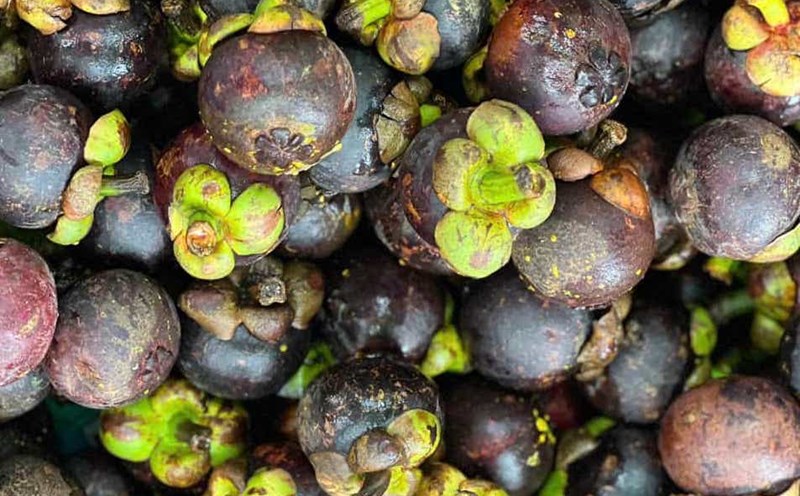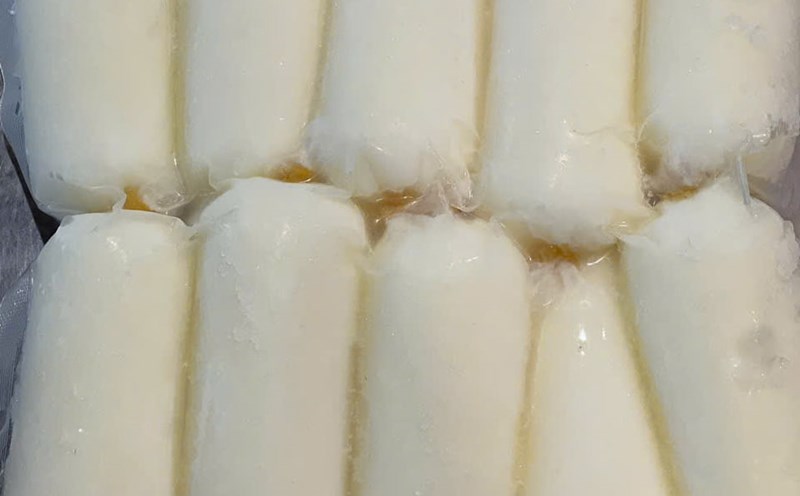Water spinach
Water spinach is a popular vegetable in the summer, containing a lot of insoluble fiber and phenolic compounds that can inhibit lipid absorption in the small intestine.
A study from the Food & Function Journal shows that water spinach extract (Ipomoea aquatica) has the effect of reducing triglycerides and LDL cholesterol in the blood of laboratory mice with dyslipidemia.
Water spinach also contains magnesium and potassium - two minerals that help improve blood pressure and support glucose metabolism.
Research by the American Heart Association (AHA) also highlights the role of magnesium-rich foods in reducing the risk of insulin resistance and metabolic syndrome.
Bitter melon (suffer)
Bitter melon has long been considered a folk remedy to help lower blood sugar, but up to now, modern science has confirmed this effect.
According to research published in the Journal of Diabetes and Metabolic Disorders, the active ingredients charantin and polypeptid-P in bitter melon have the same effect as insulin, helping to reduce huyetcose during fasting and after eating significantly in people with type 2 diabetes.
At the same time, bitter melon also helps improve insulin sensitivity, reduce oxidative stress and fight inflammation - the underlying factors of diabetes and dyslipidemia.
However, because bitter melon can strongly lower blood sugar, people who are taking sugar-reducing drugs need to take a reasonable dose (about 100-200g/day, cooked), and should consult a nutritionist or doctor.
Chamomile
Chamomile (also known as pennywort) is rich in quercetin and luteoline - two flavonoid compounds with strong anti-inflammatory properties, which help reduce blood fat and protect blood vessel walls from damage caused by high blood sugar.
According to an overview of research published in Nutrients, chamomile vegetables, especially chamomile, have the ability to reduce CRP inflammation, TNF-α - biological markers associated with vascular endometriosis damage and diabetes complications.
Chamomile is also a vegetable with a very low glycemic index (GI), almost no impact on blood sugar after eating, suitable for people with prediabetes or type 2 diabetes.
Prioritize boiled, steamed or soup with vegetables, avoid frying too much fat to avoid losing the metabolic effects.
Eat a variety of vegetables during the week: You can alternate with bitter melon, water spinach, chrysanthemum greens combined with whole grains and healthy proteins (fish, tofu, eggs).
For those who take diabetes medication or blood lipid disorders, they should consult a nutritionist about specific dosage to avoid unwanted interactions.











